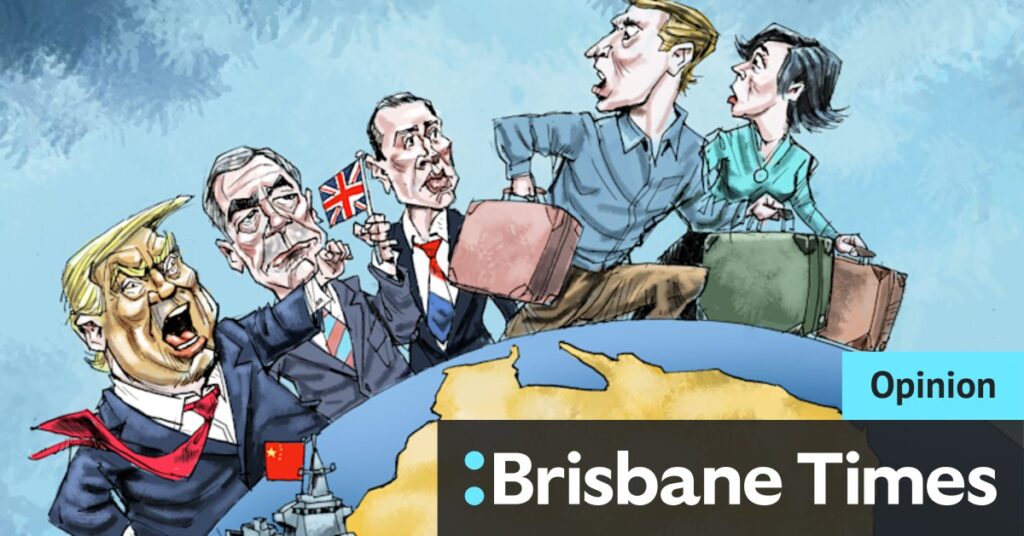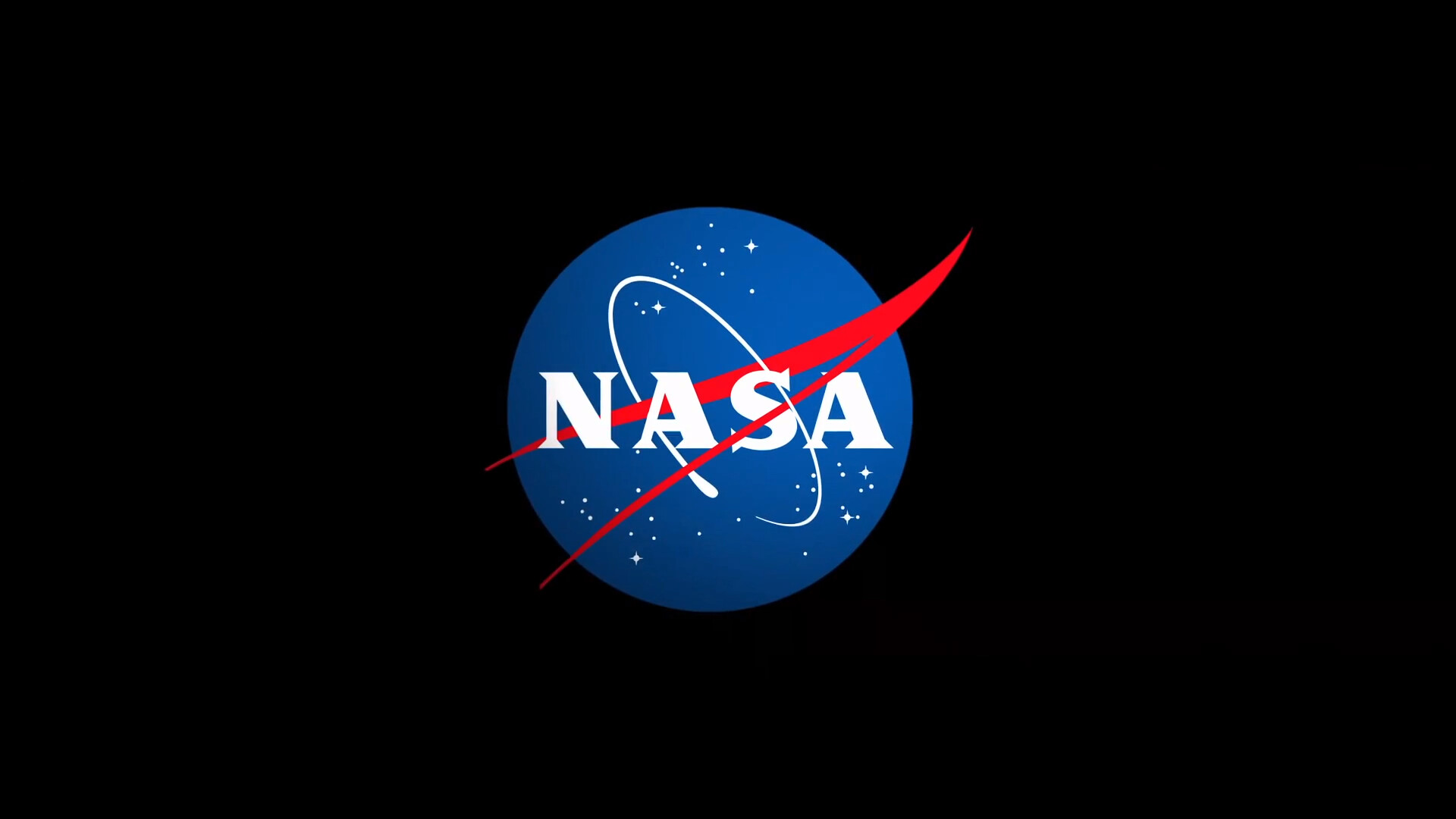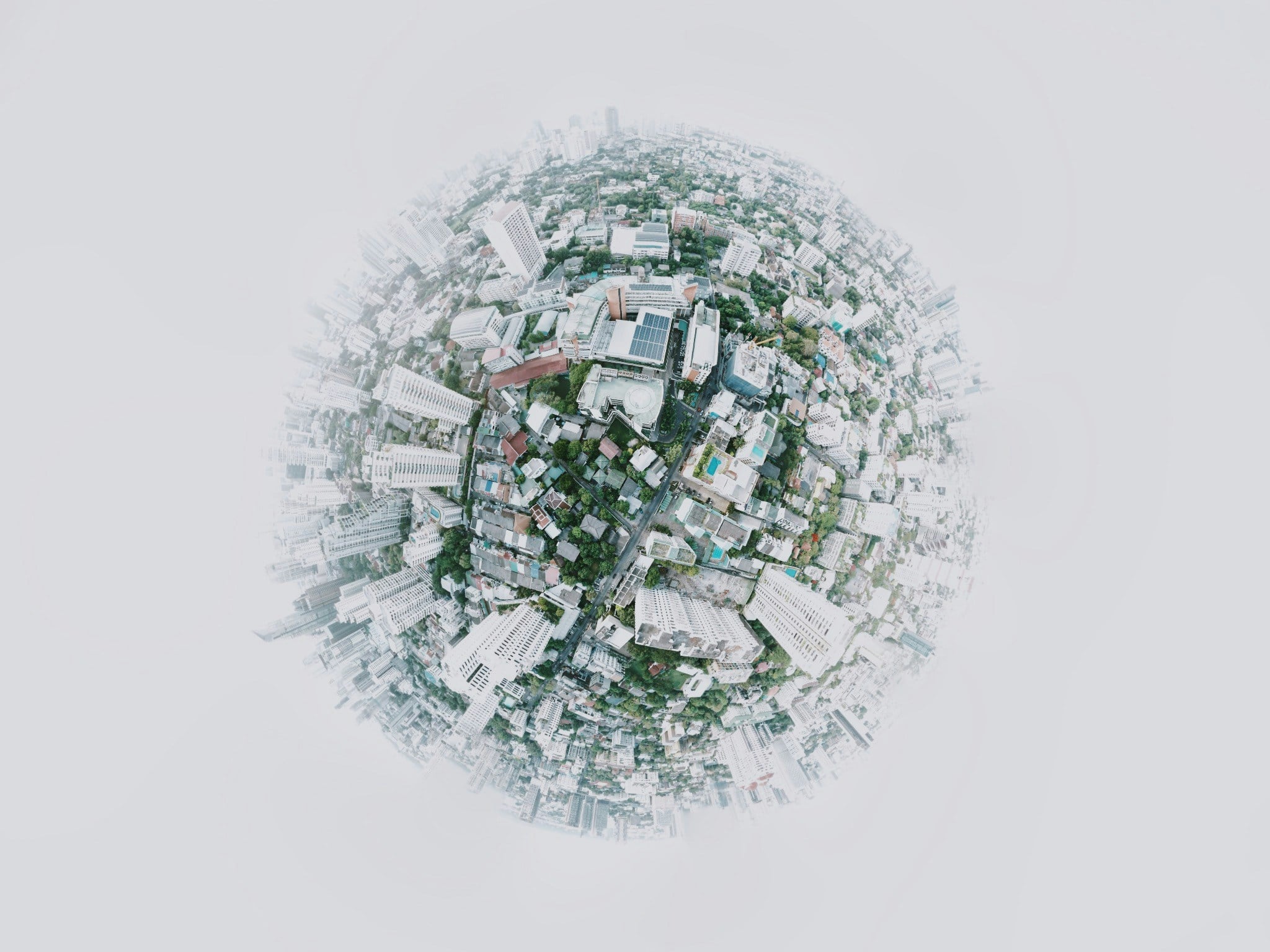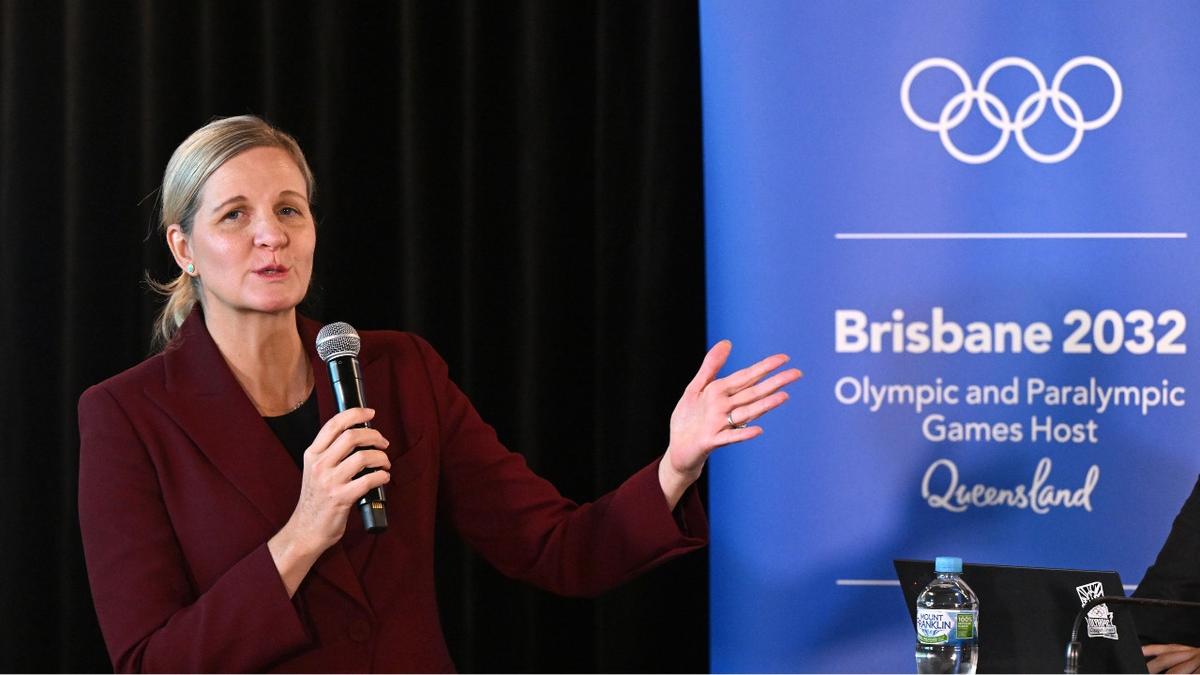
The concept of the “Western refugee,” coined by Financial Times columnist Janan Ganesh, describes affluent citizens fleeing their chaotic homelands. In Australia, these individuals are becoming increasingly common. They are expatriates from “Brexit Britain,” fearing the potential rise of Nigel Farage, and French nationals anxious about Jordan Bardella’s possible victory in the 2027 presidential election. Americans, too, are escaping the specter of Donald Trump’s authoritarianism.
I identify with these “Western refugees,” having left the United States to avoid the pervasive gun violence and unhinged politics. The storming of the US Capitol on January 6, 2021, marked a turning point, suggesting that political violence might become as endemic as school shootings. Watching Trump celebrated at a conservative conference shortly thereafter felt like witnessing the beginnings of his political resurgence.
The Australian Contrast
Australia offers a stark contrast to these turbulent Western nations. Upon arriving in Sydney from Los Angeles, I was struck by the difference in news coverage. In the US, the media often reports on the latest school shooting. In Adelaide, a school lockdown was prompted by a nearby burglary, highlighting Australia’s relative safety.
The 2008 economic crisis, known globally as the Great Recession, was termed the Global Financial Crisis in Australia, underscoring the country’s economic resilience. Australia has enjoyed nearly 30 years without a recession, making it an attractive destination for “Western refugees.” This “Lucky Country” status, however, originated from a critical polemic rather than a celebration of fortune.
Challenges on the Horizon
Despite its appeal, Australia is not immune to the global challenges that drive people to its shores. Recent events have highlighted the encroachment of these forces. Neo-Nazis have appeared on the streets of Melbourne, and the killing of two police officers in Victoria has brought attention to the “sovereign citizens” movement. Polls indicate rising support for One Nation, though its leader, Pauline Hanson, is not seen as a potential prime minister due to Australia’s compulsory voting and cultural skepticism.
Globally, the decline of major political parties and the rise of populism have been significant trends over the past 30 years. In Australia, however, this has led to the election of centrists rather than extremists. Yet, geopolitical uncertainties persist. With Trump in the White House, Australia’s security alliance with the US is uncertain. The AUKUS security pact’s future is unclear, and China’s increasing assertiveness poses additional challenges.
Chinese warships have conducted live-fire exercises in the Tasman Sea, a sign of growing maritime power.
Environmental and Social Pressures
Australia’s status as a lifestyle superpower is also threatened by climate change. Coastal and waterfront suburbs, which attract “Western refugees,” are at risk. The National Climate Risk Assessment warns that by 2050, over 1.5 million Australians could live in areas prone to coastal flooding. The country will face more fires and floods, reminiscent of the 2020 bushfires that caused severe air pollution in Sydney.
Australia is not newly awakened to these challenges. The impact of big tech, terrorism, and foreign interference has been felt for decades. The 2002 Bali bombings, which killed 88 Australians, shattered any illusion of immunity to terrorism.
Future-Proofing Australia
The current historical moment, with its uncertainties and disruptions, serves as a warning against complacency. Australia’s democratic model, with its pressure valves, remains robust, though its economic model requires renovation to ensure broad-based prosperity. The US experience shows that income polarization can lead to political polarization. Ensuring affordable home ownership should be a priority to uphold the Australian dream.
Australia has the agency to navigate these challenges. With a history of pragmatic policy innovation, the country could emerge as a global exemplar amidst Western turmoil. This potential extends beyond being a refuge for “Western refugees” to becoming a paragon nation on the world stage.







